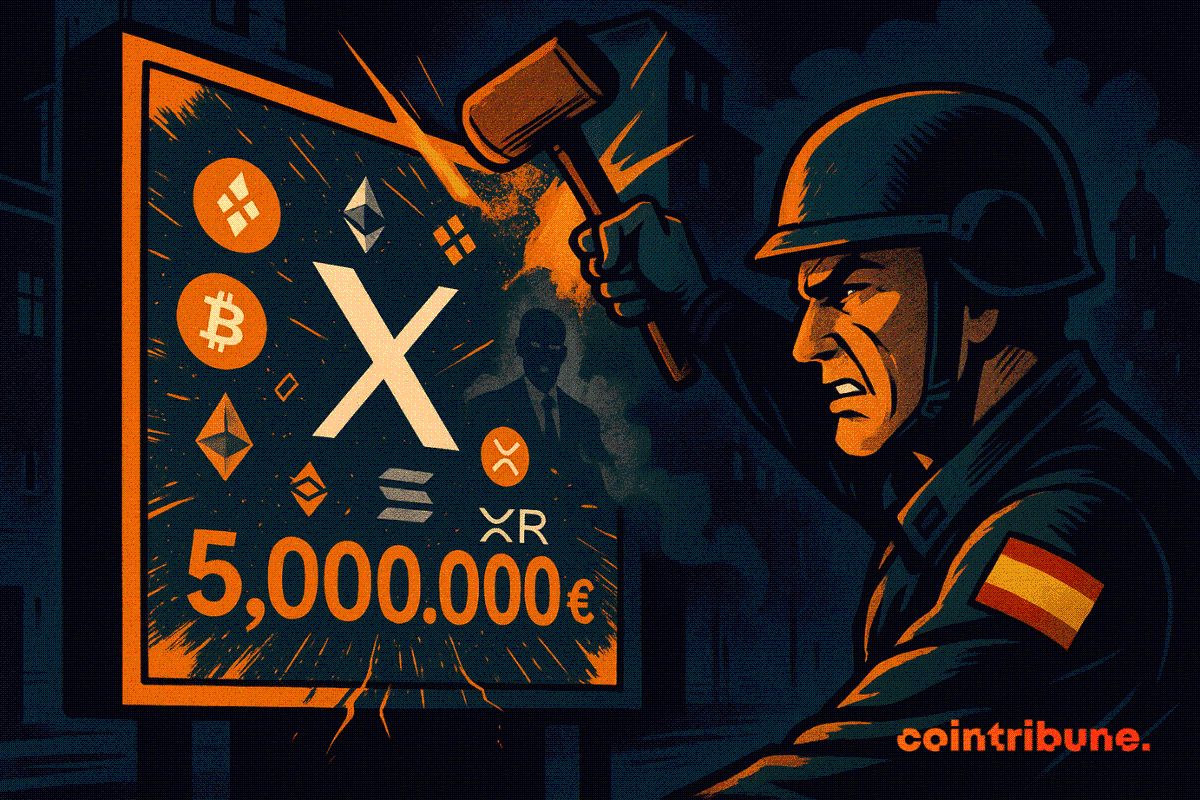Solana News Today: Crypto Advocates Bankroll Developer Defense in Legal Battle Over Privacy Tools
- Solana Policy Institute donates $500K to defend Tornado Cash developer Roman Storm, facing up to 5 years in prison for unlicensed money transmission. - The case highlights crypto industry fears of criminal liability for decentralized tool creators, following co-developer Alexey Pertsev's Dutch conviction. - DOJ signals potential policy shift: no charges for "truly decentralized" software developers, even if platforms enable illicit activity. - 114 crypto firms urge Senate to exempt decentralized software
The Solana Policy Institute, a prominent cryptocurrency policy advocacy group, has pledged $500,000 to support the legal defense of Roman Storm, a developer of the Ethereum-based Tornado Cash mixer who faces up to five years in U.S. federal prison for operating an unlicensed money transmitting service. The donation, announced on Thursday, follows an earlier conviction of Tornado Cash co-developer Alexey Pertsev in the Netherlands on similar charges. The move underscores growing concerns within the crypto industry about the potential criminal liability faced by developers of decentralized software platforms, particularly those used for privacy-enhancing functions. The institute's CEO, Miller Whitehouse-Levine, stated the prosecutions pose a "chilling precedent" that could fundamentally alter the risk landscape for software developers by allowing criminal charges against creators of "neutral tools" misused by others [1].
The legal challenges for Storm and Pertsev have sparked significant debate and concern within the broader technology and crypto sectors. Developers and advocacy groups argue that criminalizing the creation of decentralized tools could have a chilling effect on innovation, especially in software development where the use of a platform is determined by its users. Tornado Cash, a decentralized application on Ethereum , was designed to enhance transaction privacy by obscuring the trail of digital asset transfers. The conviction of Storm in a Manhattan court in early October marks a high-profile case that has drawn attention from policymakers and legal experts [1].
The U.S. Department of Justice's prosecution of Storm was initially filed under the Biden administration, yet the charges were pursued aggressively under the Trump administration's DOJ. In a recent development, a senior DOJ official signaled a potential policy shift, stating that criminal charges would no longer be applied to developers of “truly decentralized” software that does not control user funds, even when such platforms are used for illicit activity [1]. This shift, if confirmed during the appeal process, could redefine the legal boundaries for decentralized software developers.
In response to the legal risks, a coalition of 114 crypto companies and lobbying groups—including the Solana Policy Institute—recently wrote to the Senate Banking Committee, urging an exemption from criminal liability for developers of decentralized software in an upcoming crypto market structure bill. The letter reflects a coordinated effort to prevent legal precedents that could stifle innovation and deter development in the decentralized finance (DeFi) space [1].
The legal and policy implications of the Tornado Cash cases are not limited to Ethereum. The broader crypto industry remains closely watching how courts and regulators define the responsibilities of software developers in the context of decentralized technology. As the appeal process for Roman Storm begins, the crypto community is bracing for a pivotal moment that could shape the future legal landscape for DeFi and decentralized tools [1].

Disclaimer: The content of this article solely reflects the author's opinion and does not represent the platform in any capacity. This article is not intended to serve as a reference for making investment decisions.
You may also like
The Next Era of AI: How Gradient is Shaping the Future of Open Intelligence

Spain Pins X for Illegal Crypto Promotion

Crypto Market Turns Cautious as Bitcoin Slips and Fear Index Hits Extreme Lows

XRP ETF Price Crash Explained